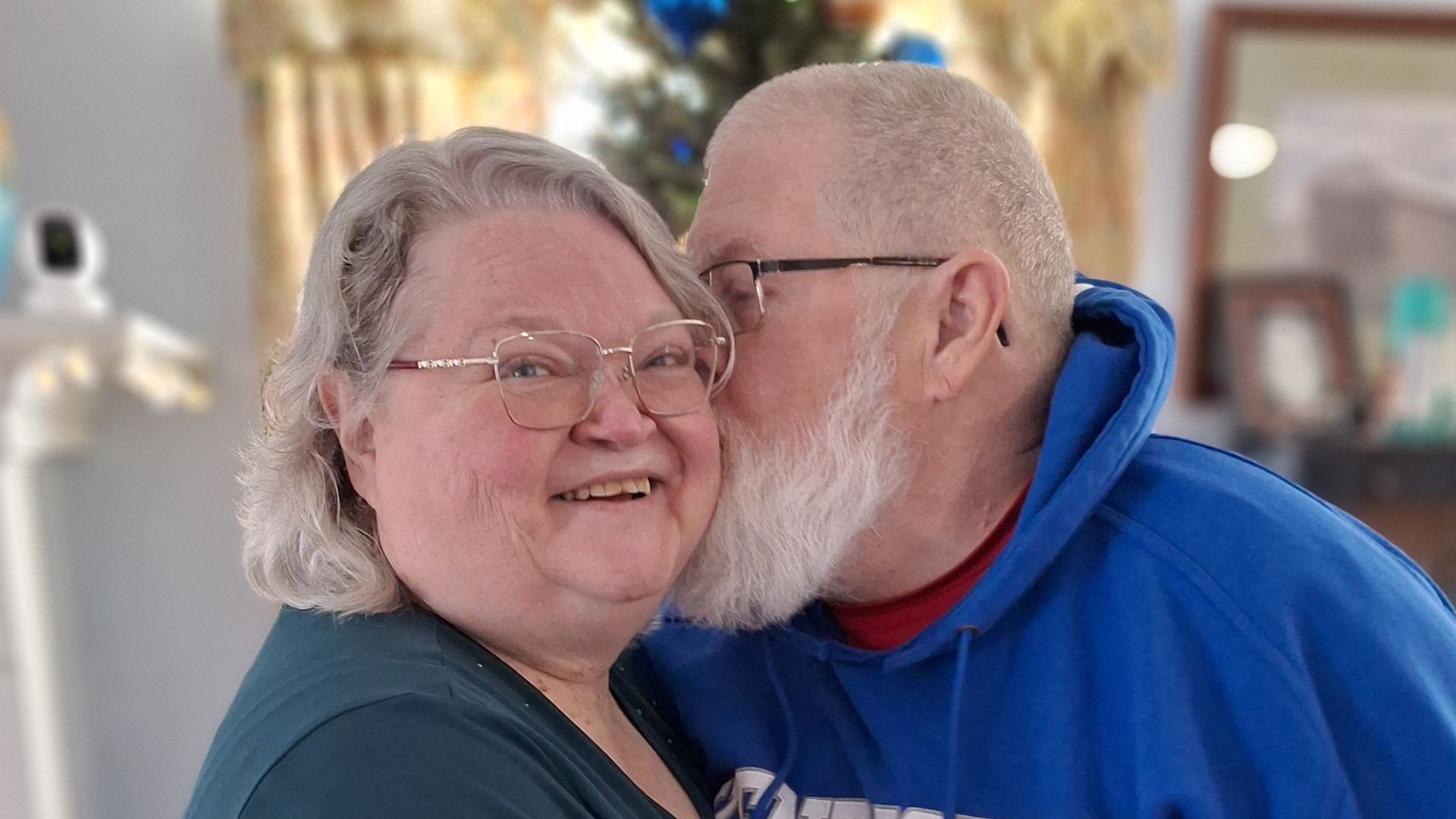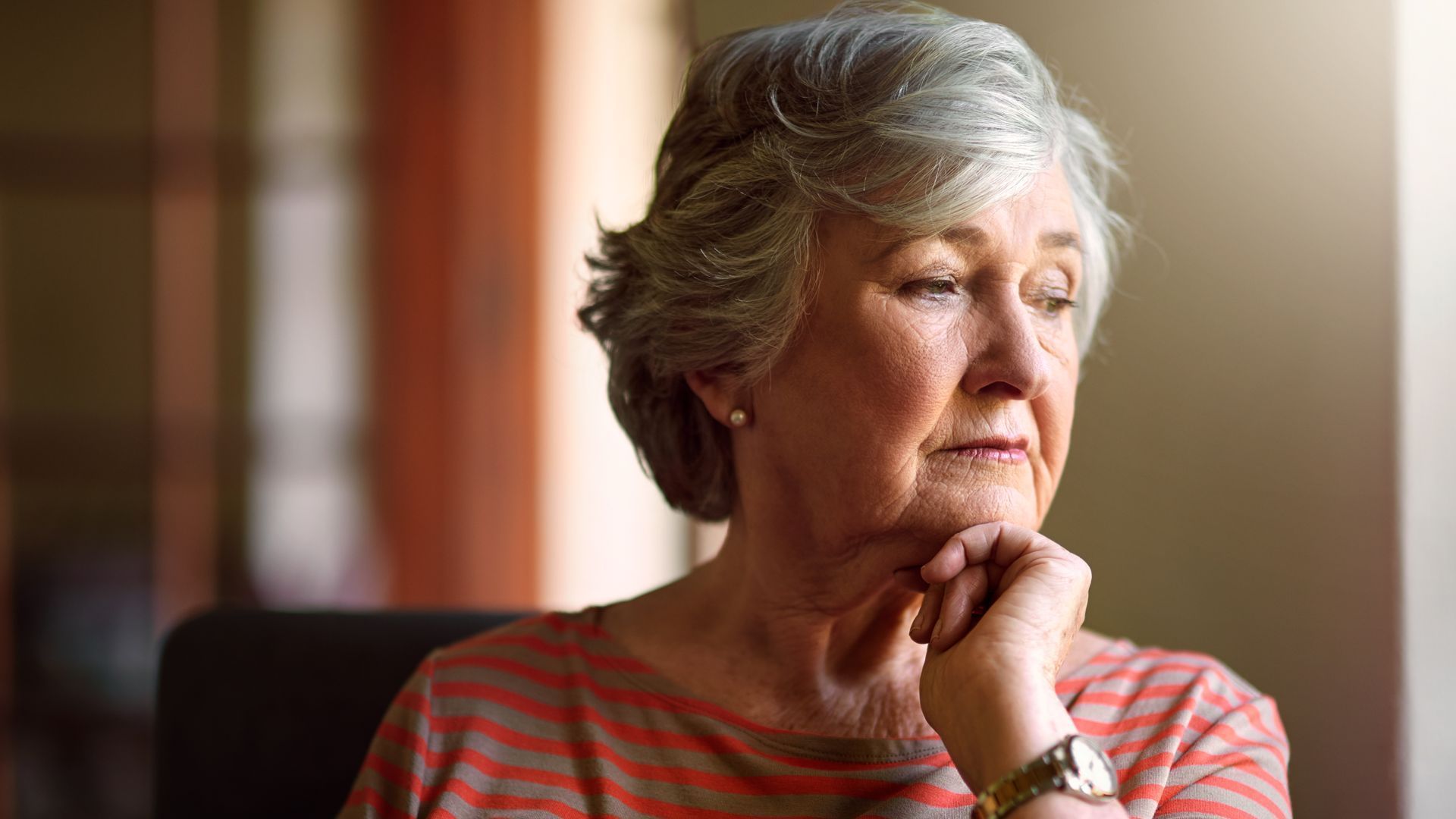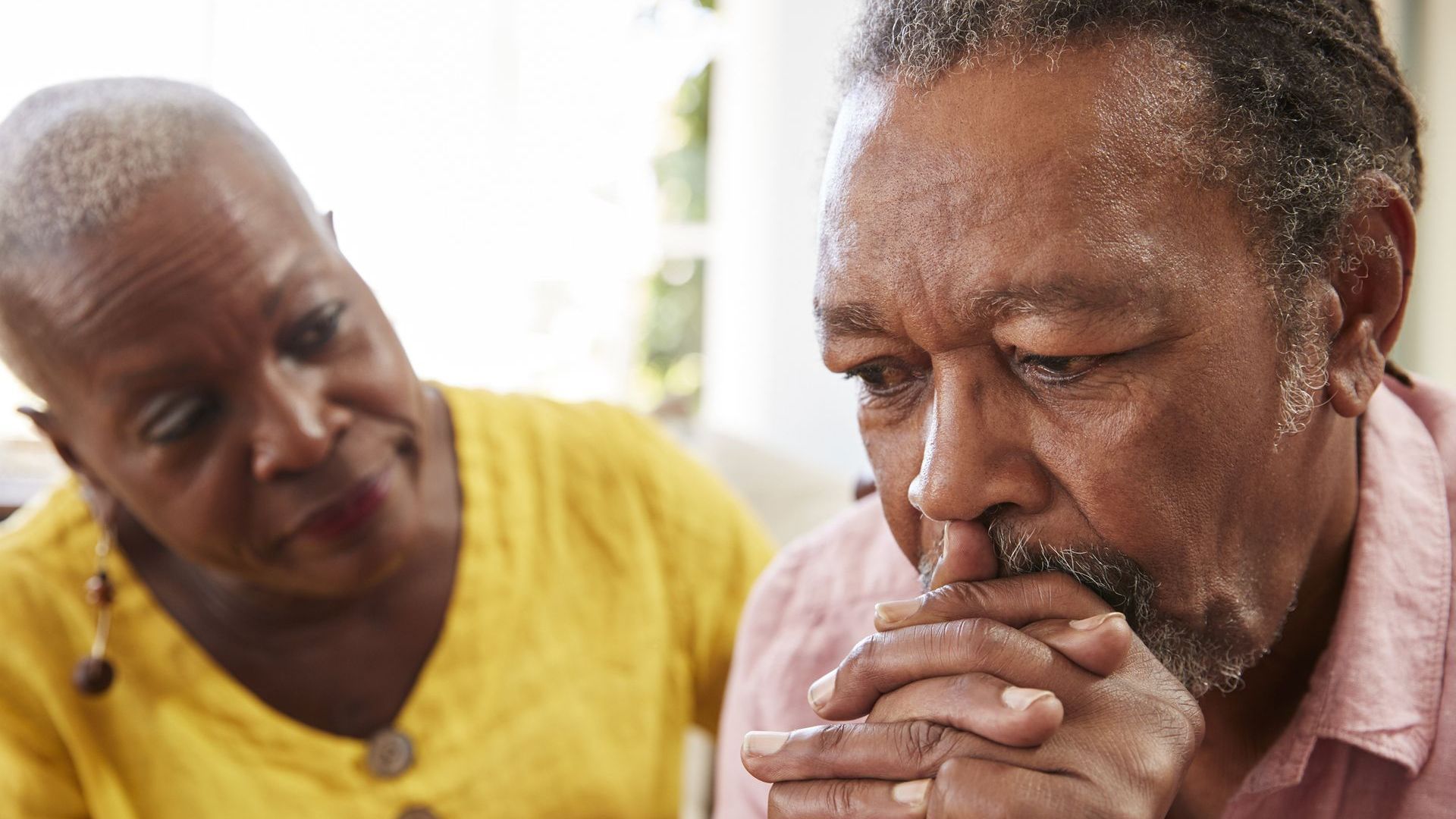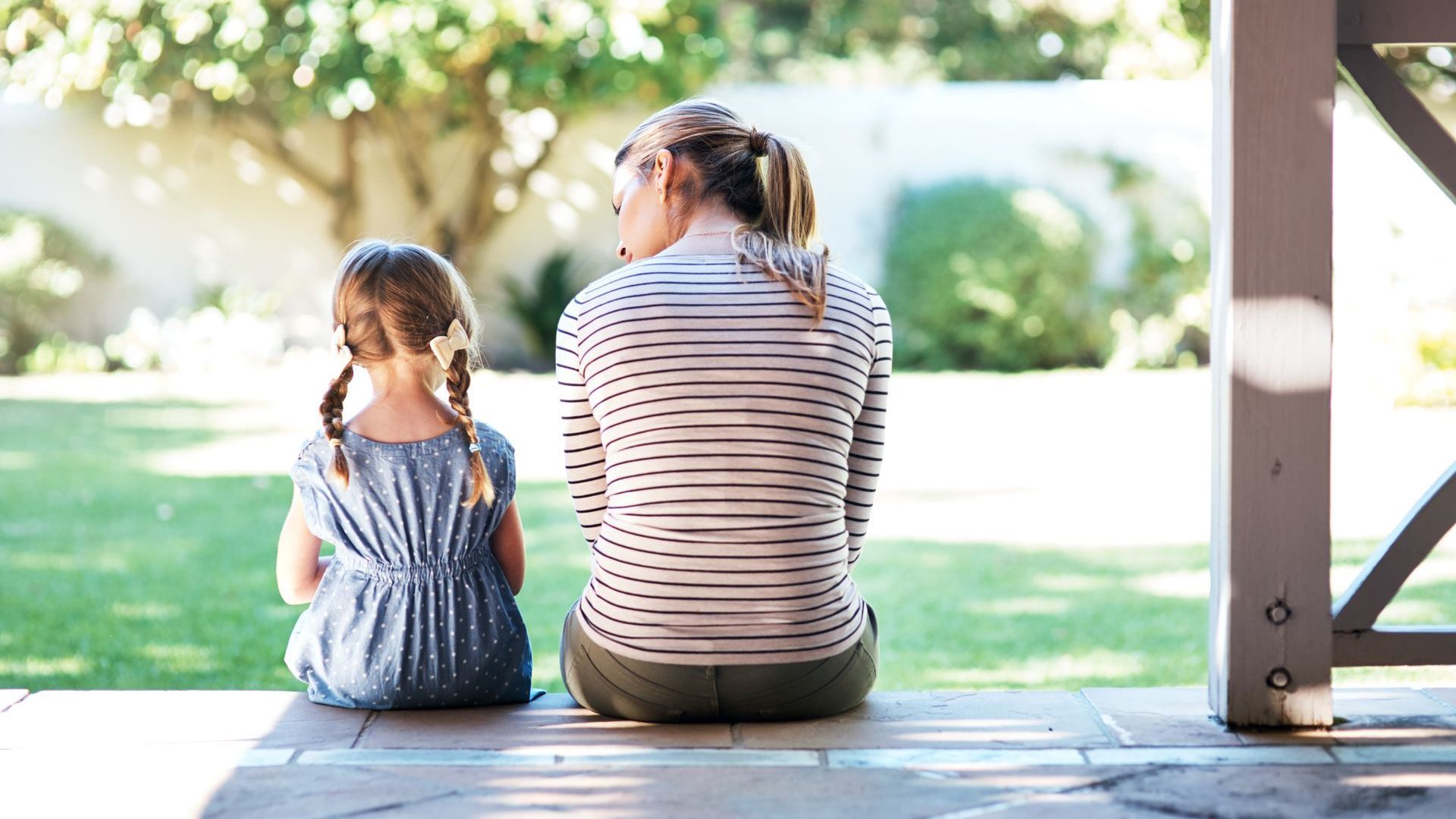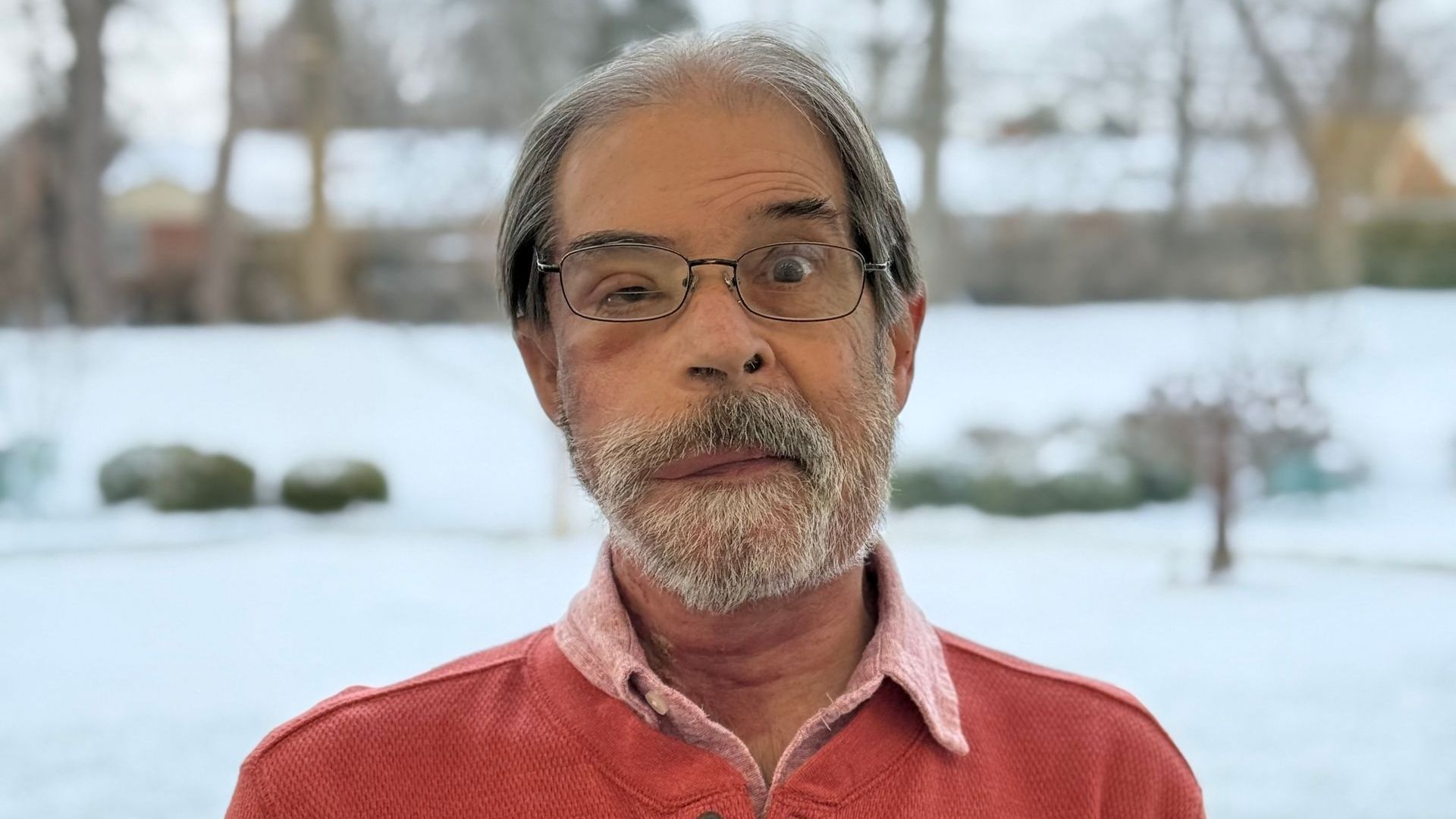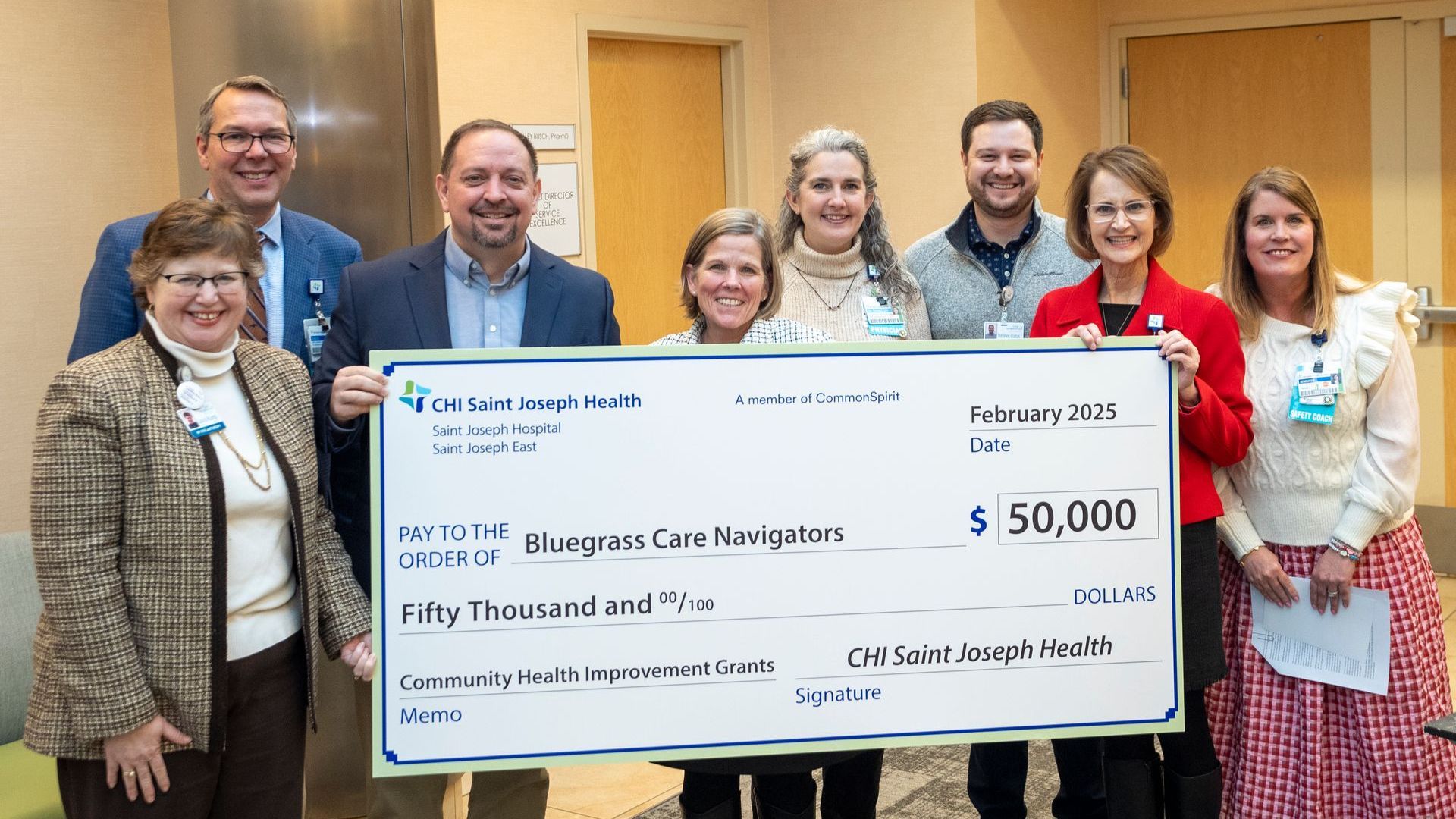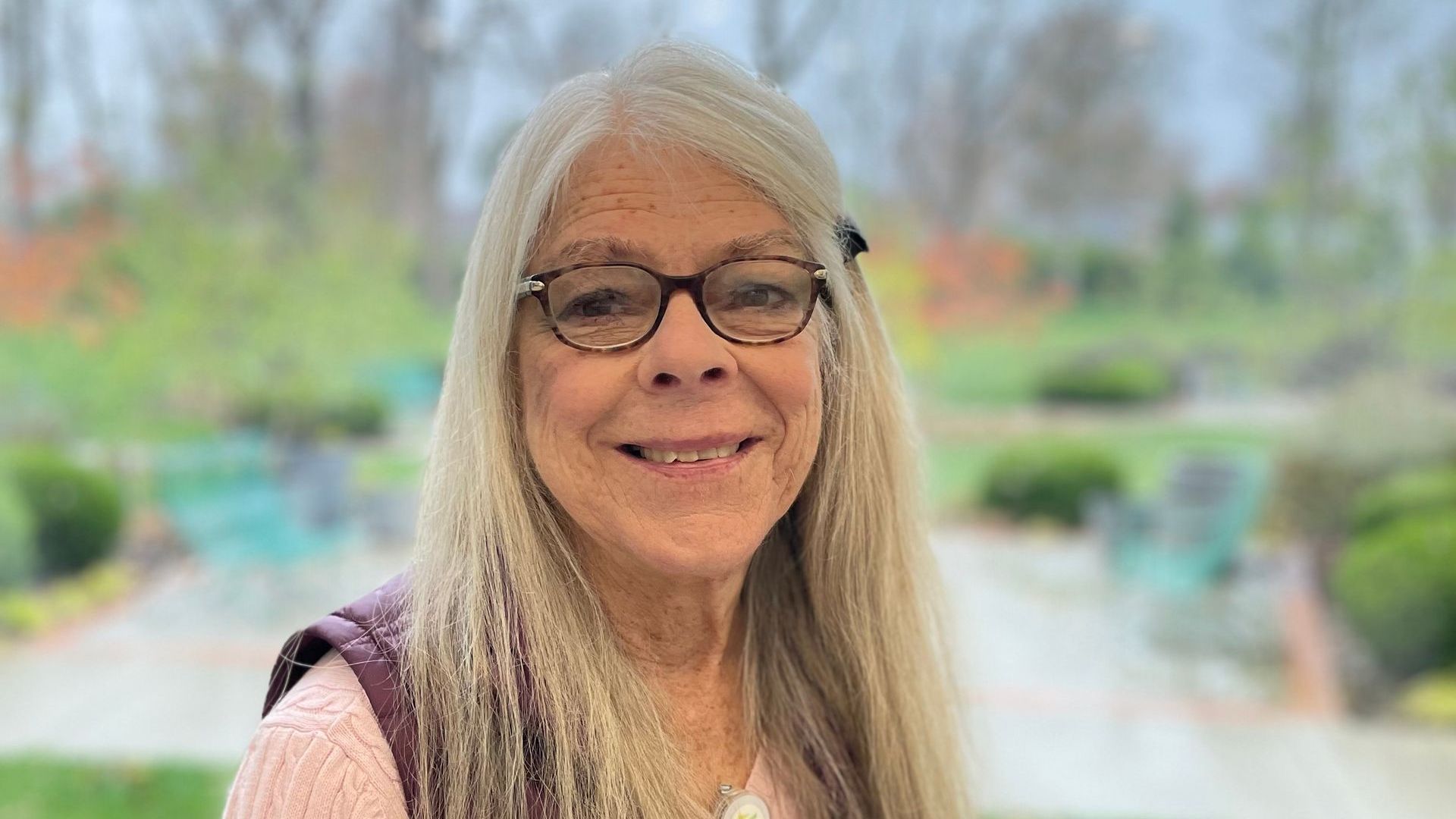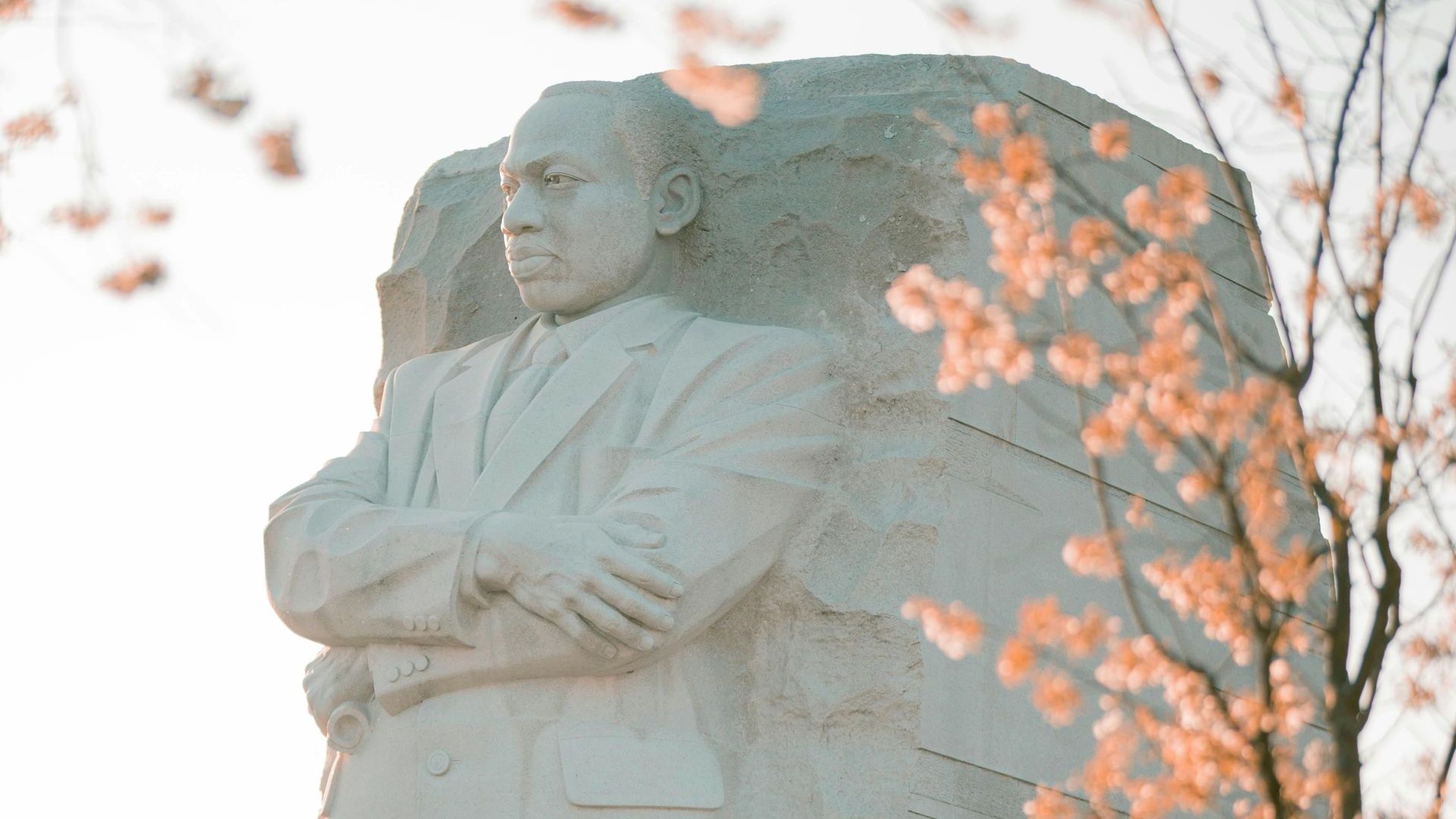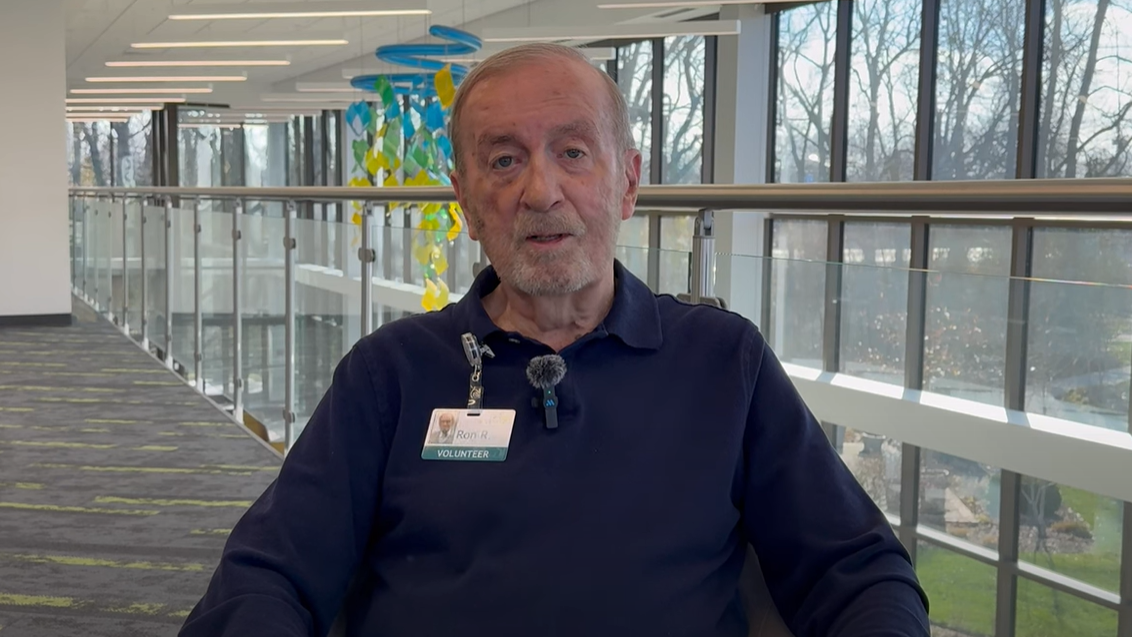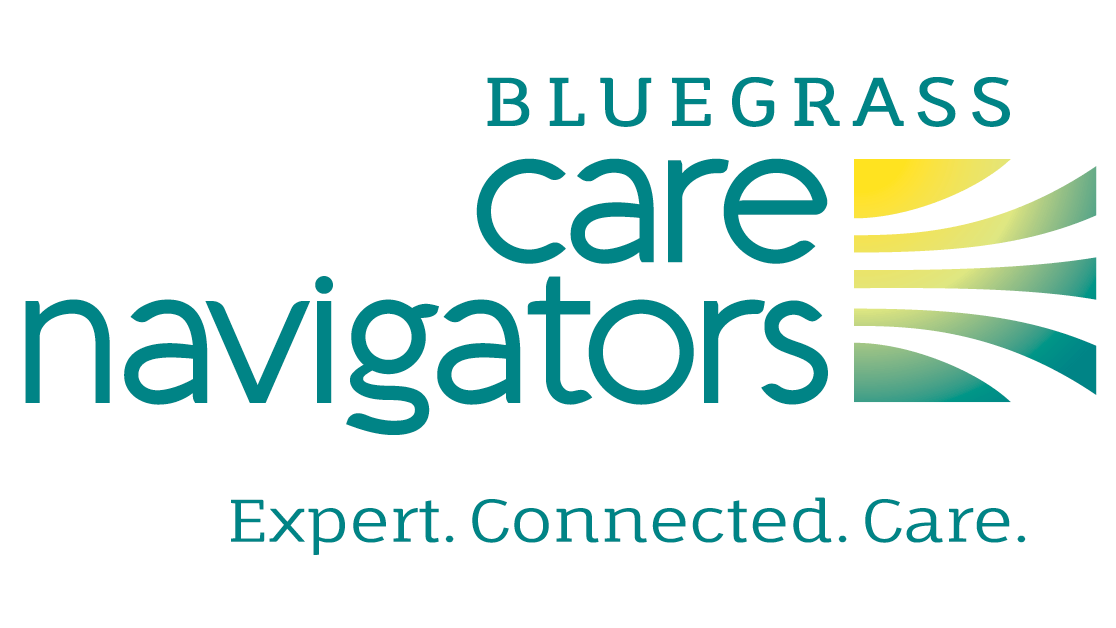Bluegrass Care Navigators Selected by Centers for Medicare & Medicaid Services to Test Medicare Dementia Care Model
Guiding an Improved Dementia Experience (GUIDE) Model Aims to Increase Care Coordination, Support for Caregivers
Bluegrass Care Navigators (BCN) is participating in The Guiding an Improved Dementia Experience Model (GUIDE) and Bluegrass Dementia Care is provided through that program. BCN was recently selected by the Centers for Medicare & Medicaid Services (CMS) to participate in this new Medicare alternative payment model designed to support people living with dementia and their caregivers. Under CMS’ Guiding an Improved Dementia Experience (GUIDE) Model, BCN will be one of almost 400 participants building Dementia Care Programs (DCPs) across the country and one of three in Kentucky, working to increase care coordination and improve access to services and supports, including respite care, for people living with dementia and their caregivers.
“CMS is excited to partner with Bluegrass Care Navigators under the GUIDE Model,” said CMS Administrator Chiquita Brooks-LaSure. “GUIDE is a new approach to how Medicare will pay for the care of people living with dementia. The GUIDE participants are envisioning new ways to support not only people living with dementia, but also to reduce strain on the people who care for them, so that more Americans can remain in their homes and communities, rather than in institutions.”
Launched on July 1, 2024, the GUIDE Model will test a new payment approach for key supportive services furnished to people living with dementia, including comprehensive, person-centered assessments and care plans; care coordination; 24/7 access to an interdisciplinary care team member or help line; and certain respite services to support caregivers. People with dementia and their caregivers will have the assistance and support of a care navigator to help them access clinical and non-clinical services such as meals and transportation through community-based organizations.
“BCN is excited to be part of the GUIDE model through Bluegrass Dementia Care, providing another vital resource to help Kentucky patients and caregivers living with dementia,” said Liz Fowler, President and CEO of Bluegrass Care Navigators. “Our goal is to ensure they live safely and with the support they need in their communities, and Bluegrass Dementia Care will allow us to address specific challenges through comprehensive care coordination, caregiver education and respite services.”
Bluegrass Dementia Care will help people living with dementia and their caregivers have access to education and support, such as training programs on best practices for caring for a loved one living with dementia. Bluegrass Dementia Care also provides respite services for certain people, enabling caregivers to take temporary breaks from their caregiving responsibilities. Respite is being tested under Bluegrass Dementia Care to assess its effect on helping caregivers continue to care for their loved ones at home, preventing or delaying the need for facility care.
GUIDE Participants represent a wide range of health care providers, including large academic medical centers, small group practices, community-based organizations, health systems, hospice agencies, and other practices.
This model delivers on a promise in the Biden Administration’s Executive Order on Increasing Access to High-Quality Care and Supporting Caregivers and aligns with the National Plan to Address Alzheimer’s Disease. For more information on CMS’ GUIDE Model, please visit: https://www.cms.gov/priorities/innovation/innovation-models/guide.
About Bluegrass Care Navigators
Established in 1978, Bluegrass Care Navigators is a nationally recognized, leading nonprofit provider of expert care for the frail and elderly in 32 counties across northern, central, and eastern Kentucky. Our compassionate team of over 700 employees and 300 volunteers supports more than 16,000 patients annually with transitional care, home health, PACE (the Program for All-Inclusive Care for the Elderly), palliative care, integrative medicine, hospice care, and grief counseling services. For more information on Bluegrass Care Navigators' services, visit
bgcarenav.org/dementia-care or call 855.492.0812.
